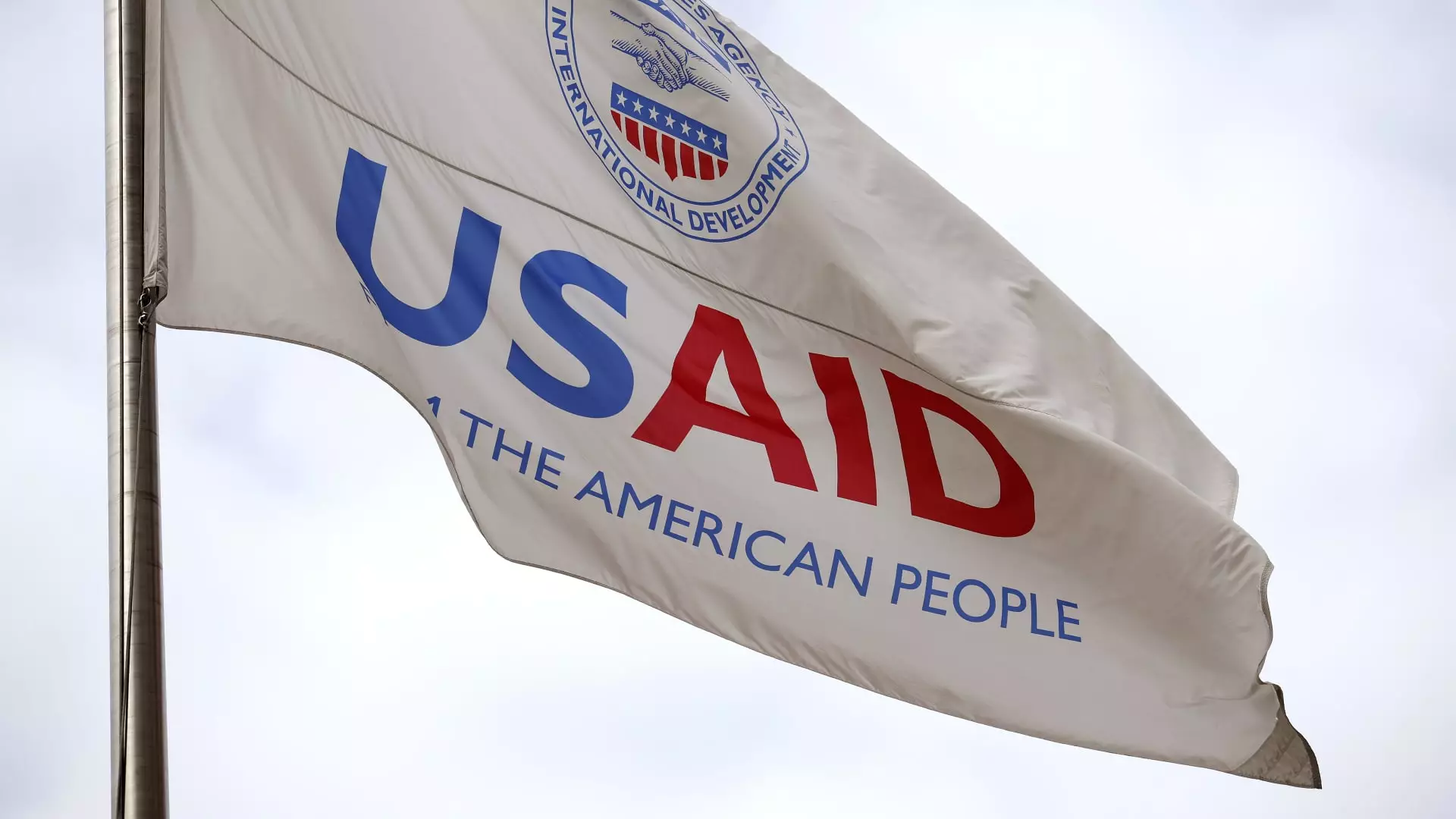The recent decision to lay off three U.S. aid workers who were on the ground in Myanmar during the aftermath of a devastating earthquake speaks volumes about the systemic issues plaguing our disaster response framework. Here we have brave individuals committed to alleviating suffering and saving lives, only to find themselves amidst a cruel paradox—as communities are in desperate need of help, those qualified to deliver that help are being systematically dismantled. The moral bankruptcy surrounding these layoffs is alarming; it reflects not just a political failure but a profound disregard for human life. It’s an example of how the actions of leadership can result in cascading harm during already dire scenarios, shattering the hopes of communities that are struggling to survive.
Penny Wise and Pound Foolish
The current administration, under President Donald Trump, has made significant cuts to the U.S. Agency for International Development (USAID), which has sadly affected its response capabilities during catastrophic situations like the recent earthquake that struck Myanmar. Instead of addressing the pressing humanitarian needs, the administration’s obsession with slashing budgets further deepens the crisis. This brand of “efficiency” seems less about actual effectiveness and more about political posturing. The name changes and high-profile dismissals give the impression of a crusade against bureaucracy, but what we are witnessing is a clear retreat from global responsibility. The notion that cutting funds will ultimately lead to better outcomes is not only naive but detrimental.
The Void of U.S. Leadership in Humanitarian Crises
Nothing lays bare the United States’ waning influence in global humanitarian aid quite like the fallout from this earthquake. Other nations—including China, Russia, and India—have rushed to fill the void left by the U.S., coming to the aid of vulnerable populations while American aid workers are left jobless, or worse, homeless. U.S. Secretary of State Marco Rubio’s defensive stance only underscores the limitations of American diplomacy in places like Myanmar where tensions between the military junta and the United States are at an all-time high. It’s befuddling to contemplate the void created by a nation that traditionally prided itself on being a beacon of humanitarian support yet is trending toward the defining failure of disengagement.
Human Cost of Neglect
The emotional toll of such decisions cannot be overstated. Marcia Wong’s poignant remarks reflect the real human cost involved. The remaining USAID staff are under immense psychological pressure, and the notion that three well-meaning professionals could be unceremoniously dumped amidst a humanitarian disaster is nothing short of tragic. It sends a damaging message to the communities reeling from the earthquake: that the U.S. has abandoned them in their hour of need. With rising global inequalities and humanitarian crises multiplying, the dependence on a shrunken U.S. presence only tightens the noose around those reliant on aid.
The tragic summary of these workers losing their positions, coupled with a dilapidated response effort, cannot be justified in the name of fiscal discipline. This isn’t merely inefficiency; it reinforces a narrative of disengagement in humanitarian efforts at a time when the world needs active engagement from global powers. More than ever, it’s vital to recognize and confront the implications of these cuts: abandoning our moral obligations in favor of political gain is a dangerous road that leads us away from global solidarity, leaving us deeply isolated while those in dire need suffer.


Leave a Reply